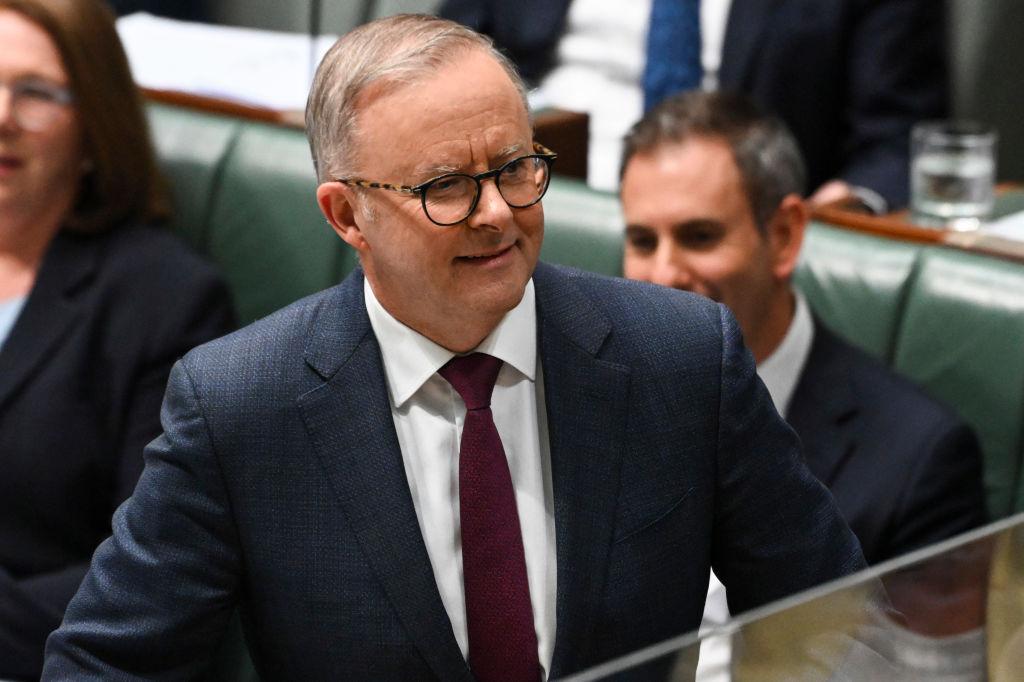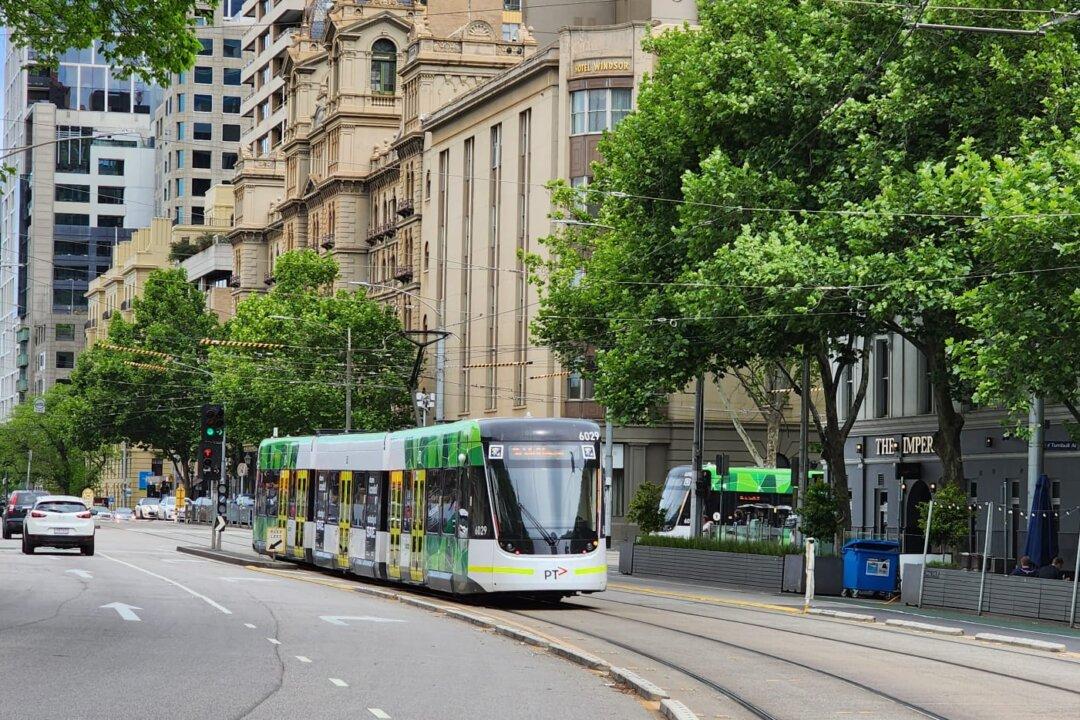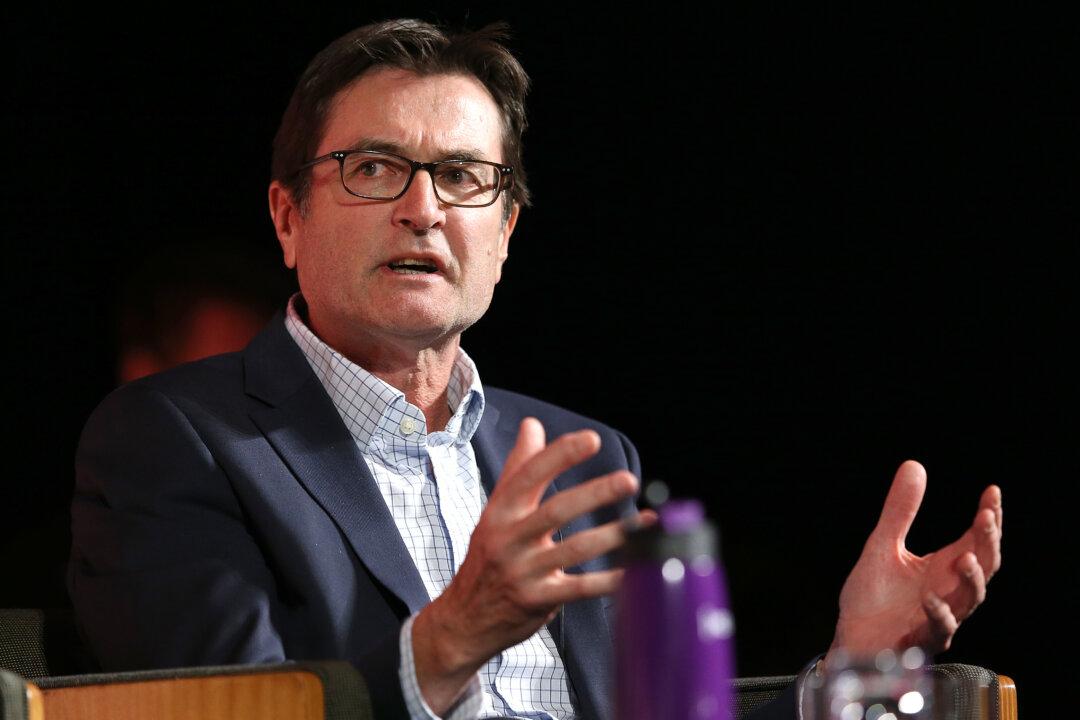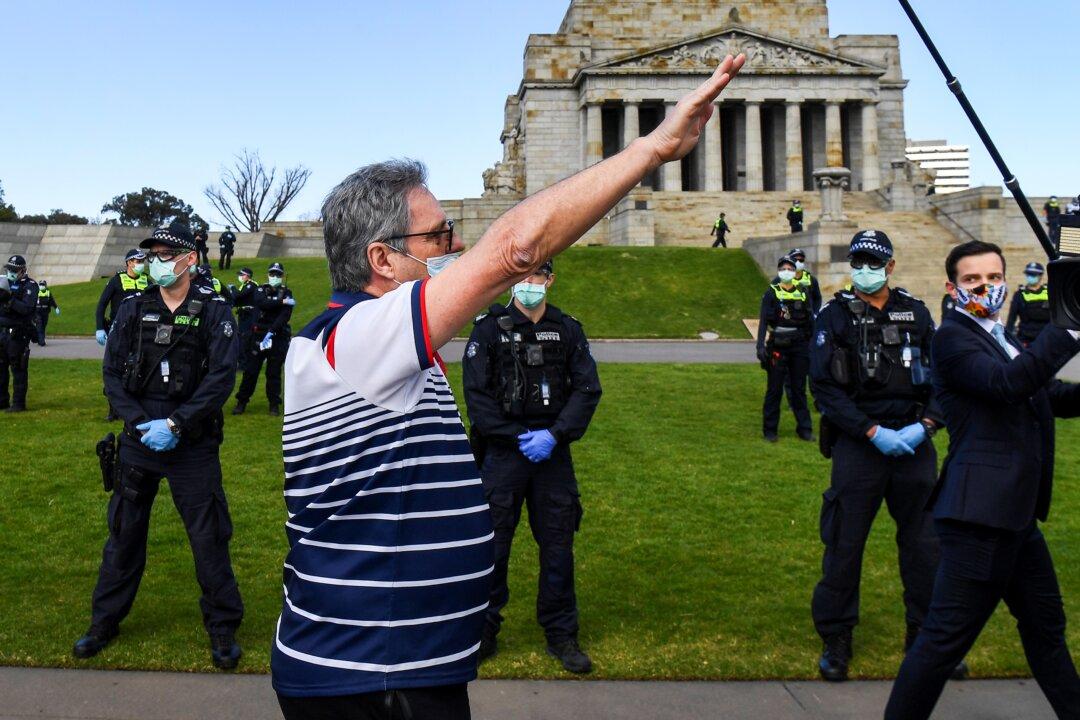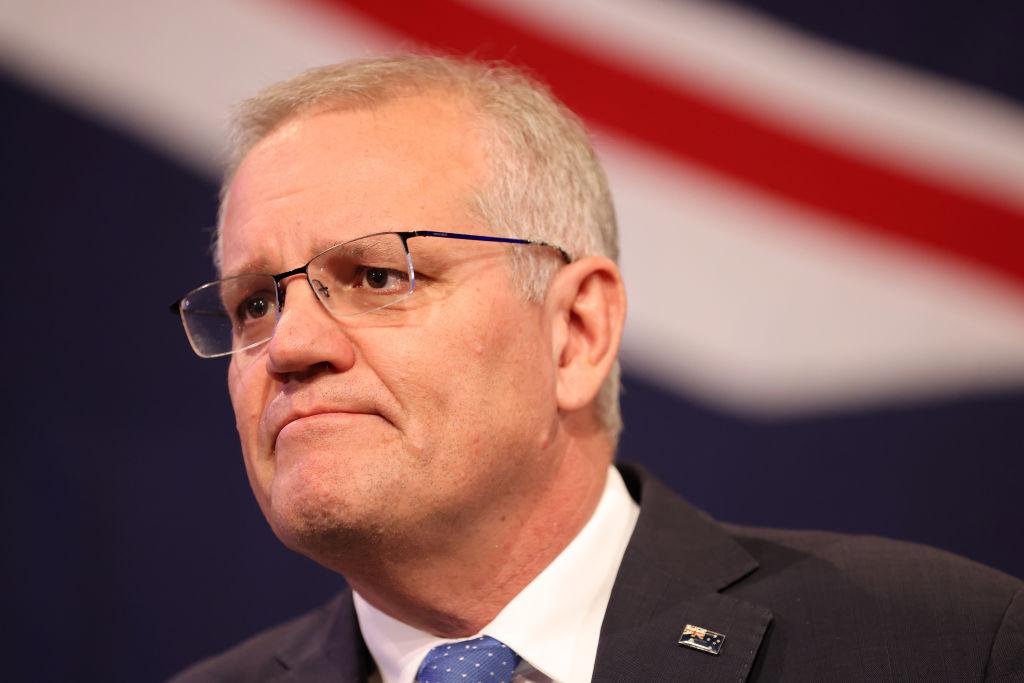Weeks after Prime Minister Anthony Albanese’s attempt to change the Constitution was defeated, the Australian leader says cost-of-living will now be his government’s top priority.
In a keynote address to the Economic and Social Outlook Conference in Melbourne on Nov. 2, Mr. Albanese touched on a number of his short-term aspirations for the economy.
